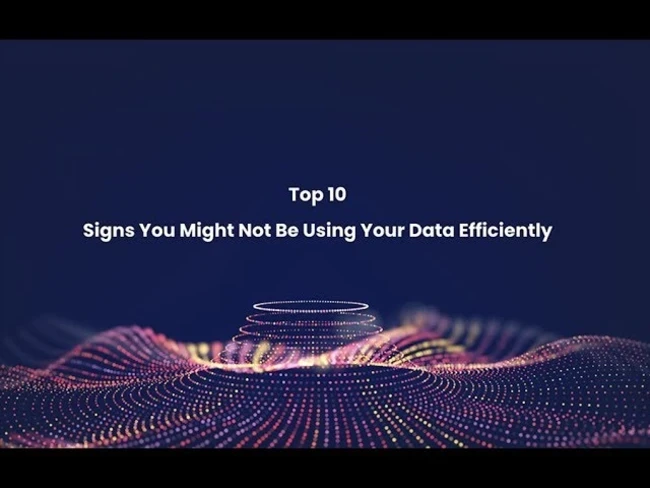There are a few things that most successful businesses have in common.

Many of the top-performing companies excel because they have excellent customer experience strategies, innovative products and services, and a strong vision of the future. However, at the heart of all of these assets is one essential thing: data.
Without the right information, it's impossible to know for sure which product development ideas will help you to attract more revenue, or which steps you should take in your marketing campaigns. Data gives you the power to make informed and intelligent decisions about your brand's future.
However, making the most of your data is easier said than done. Even with a data analytics strategy in place, or if you've begun to build a campaign for big data management, you may still not be using your data efficiently. Here are 10 signs that it's time for a change.







Comments ( 0 )